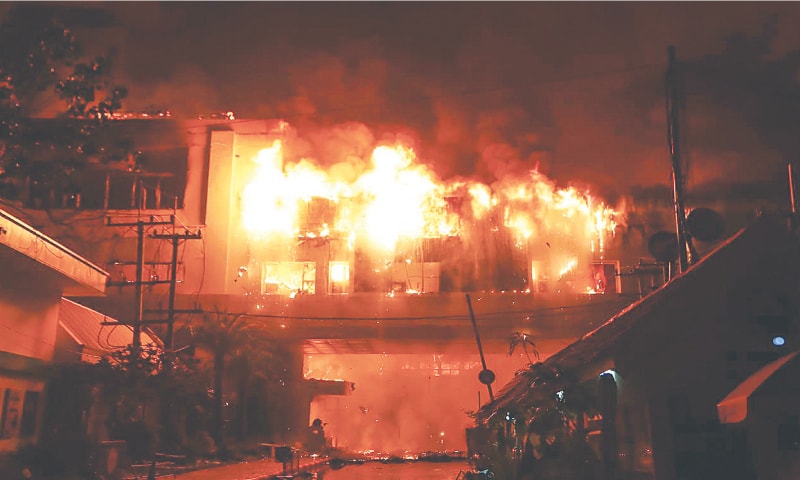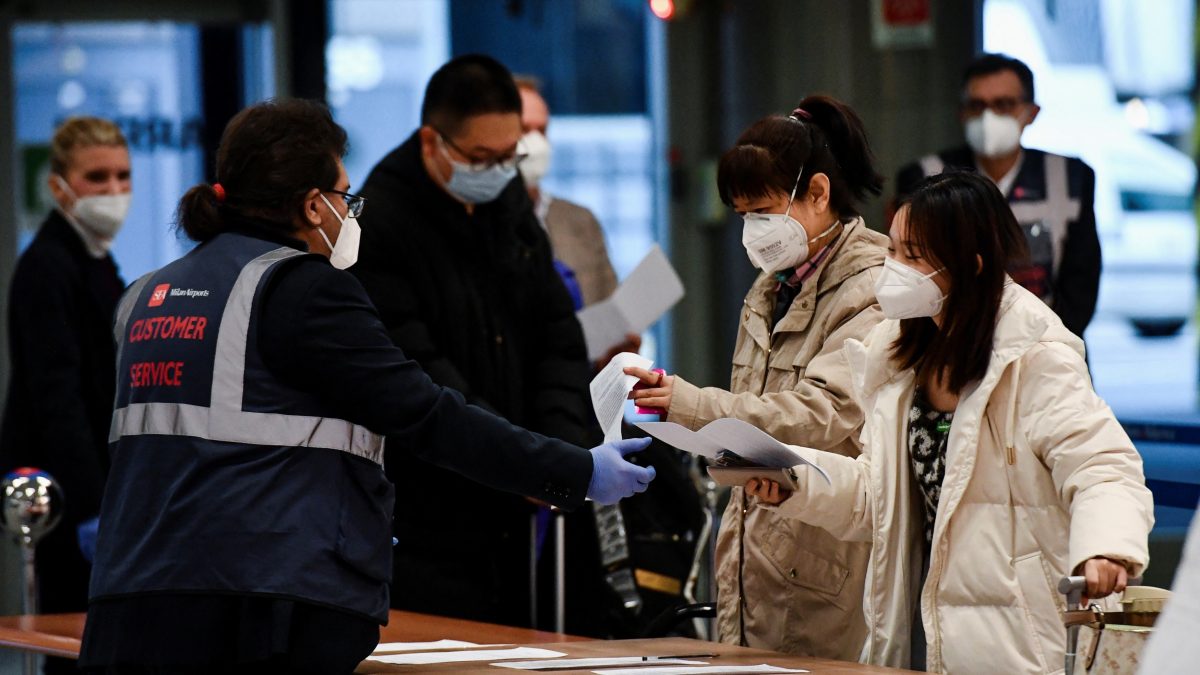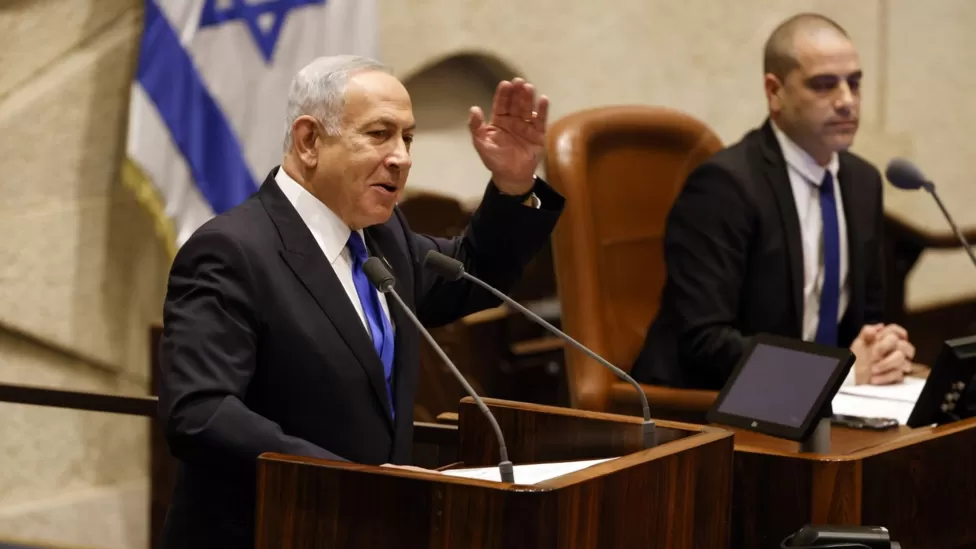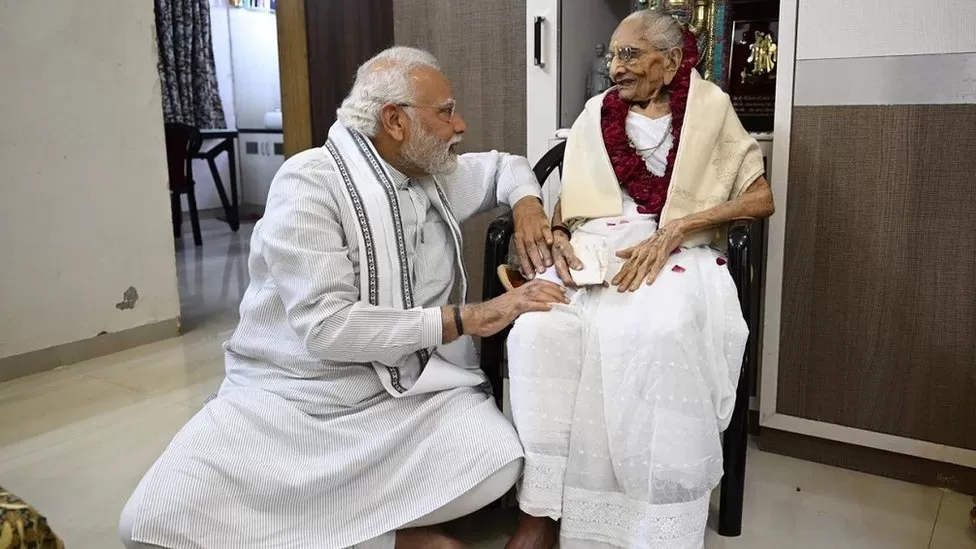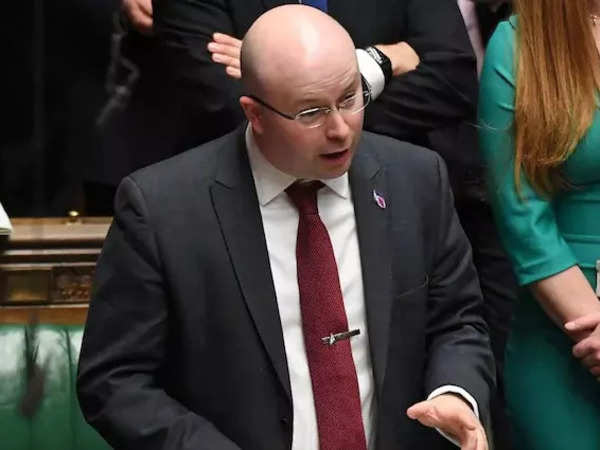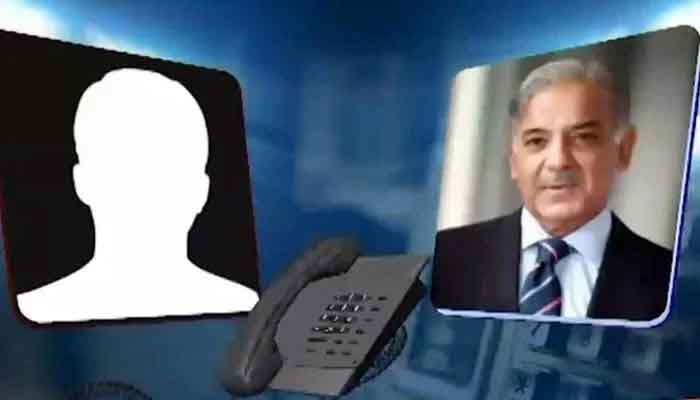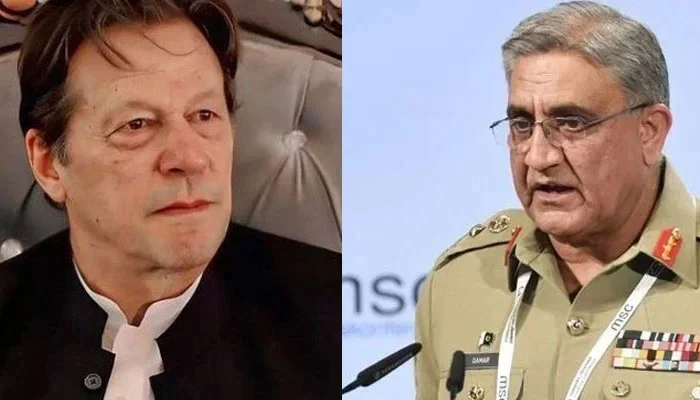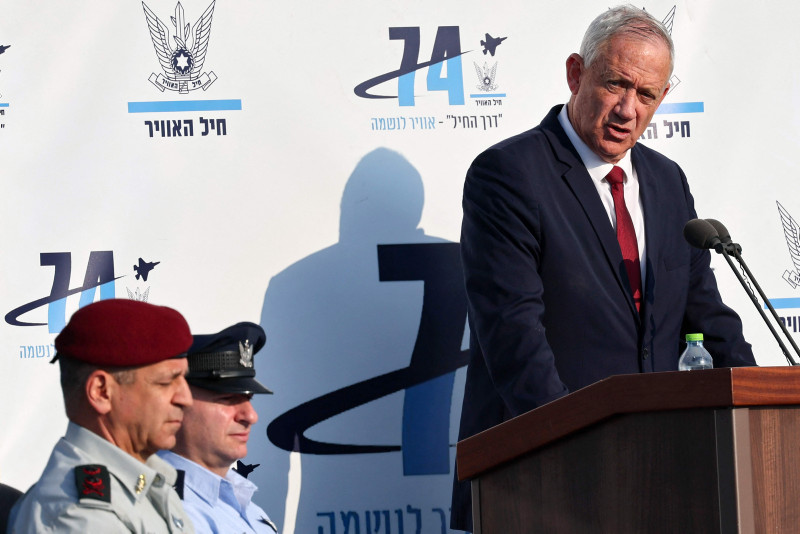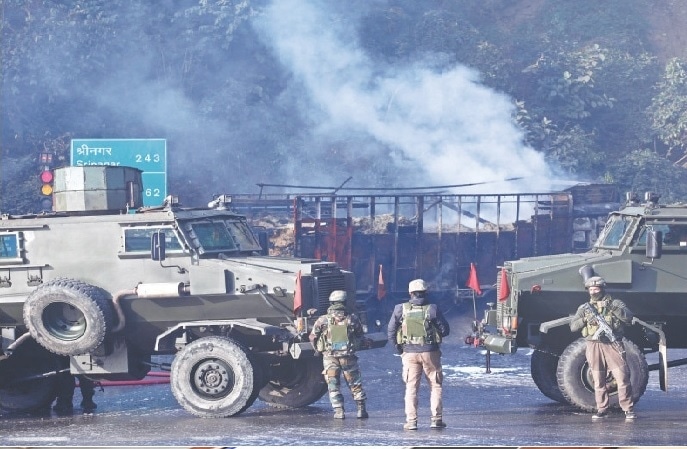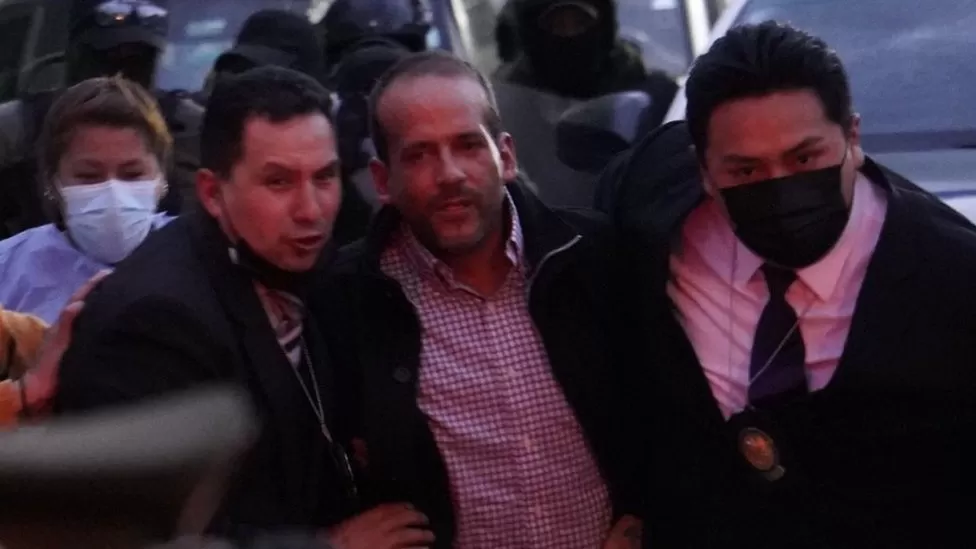The blaze at the Grand Diamond City hotel-casino in Poipet in Cambodia’s northwest, within view of the Thai border, broke out late on Wednesday night.
“There are 19 dead so far as we see bodies and bones,” said Sek Sokhom, director of Cambodia’s Banteay Meanchey provincial information department. He warned the figure “could be higher” because rescuers have not yet reached parts of the complex.
A volunteer with Thai rescue group Ruamkatanyu Foundation, who wished to remain anonymous, said his team arrived at around 2am and saw people jump from the building.
“I witnessed people running out of the building to escape from the smoke,” he said. Others packed onto a rooftop to avoid the flames. “Then we saw some people jumping down,” the volunteer said.
Video showed the building consumed by flames, with firefighters struggling to contain the blaze and rescuers attempting to pluck people from a burning ledge.
In one clip, an unidentified man is seen sitting on a window ledge as smoke billows out from behind him. In another, a group of people huddle on a ledge as flames draw near.
A Thai foreign ministry source said they had been coordinating closely with Cambodian authorities, “including by sending in fire trucks from the Thai side”.
Thai authorities in neighbouring Sa Kaeo province said more than 50 victims had been hospitalised there. Local public health official Prapas Pookduang said 13 of them were “on life support”. Sa Kaeo Governor Parinya Phothisat said roughly another 60 people caught up in the fire had already been checked and cleared by Thai hospitals.
He said Thai hospitals had treated 79 Thai nationals, 30 Cambodians and eight Indonesians.
The Ruamkatanyu Foundation volunteer said the blaze started on the first floor but spread quickly along carpets, leaping up through the multi-storey building.


